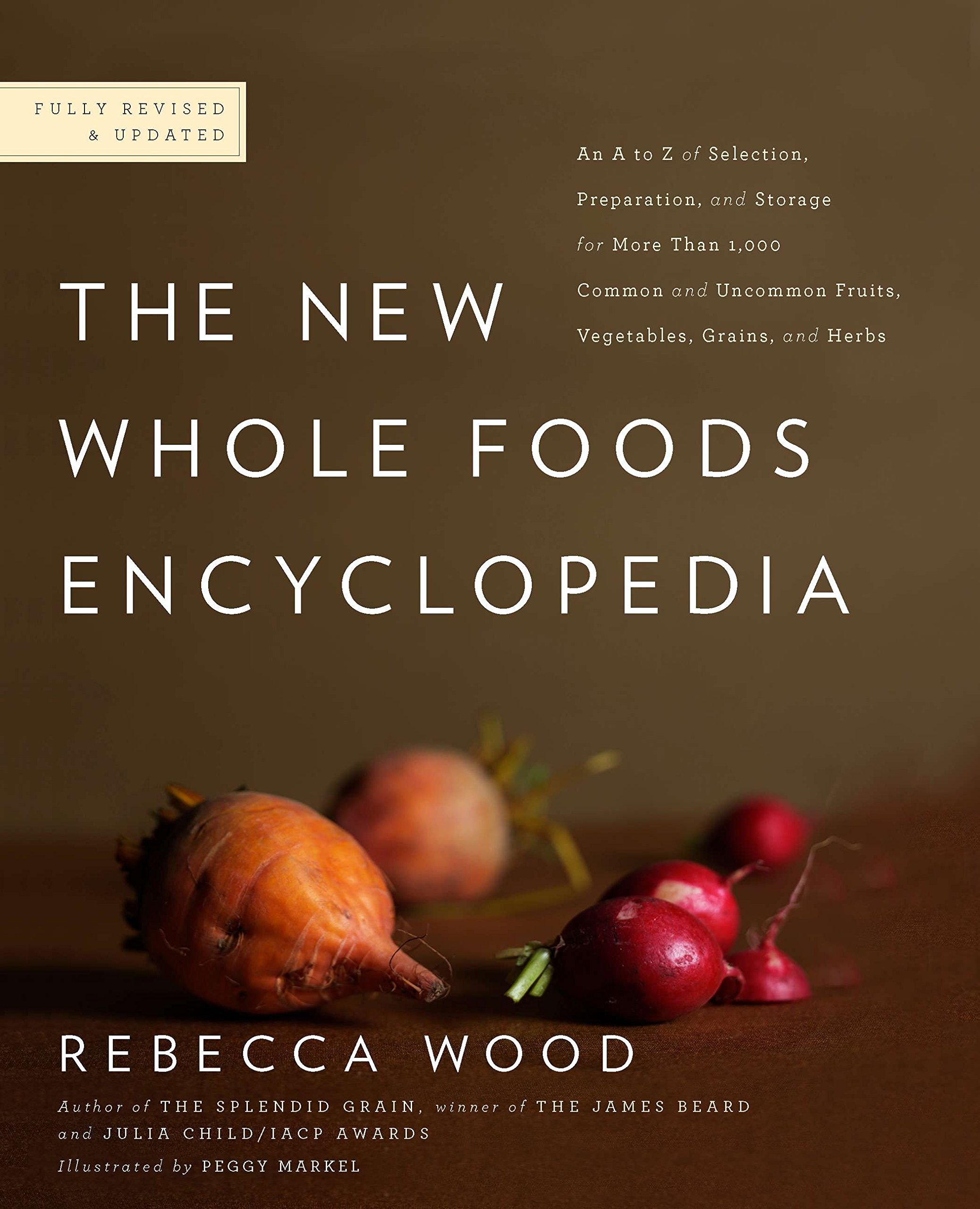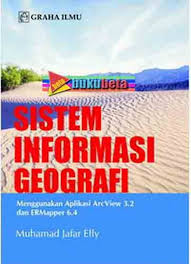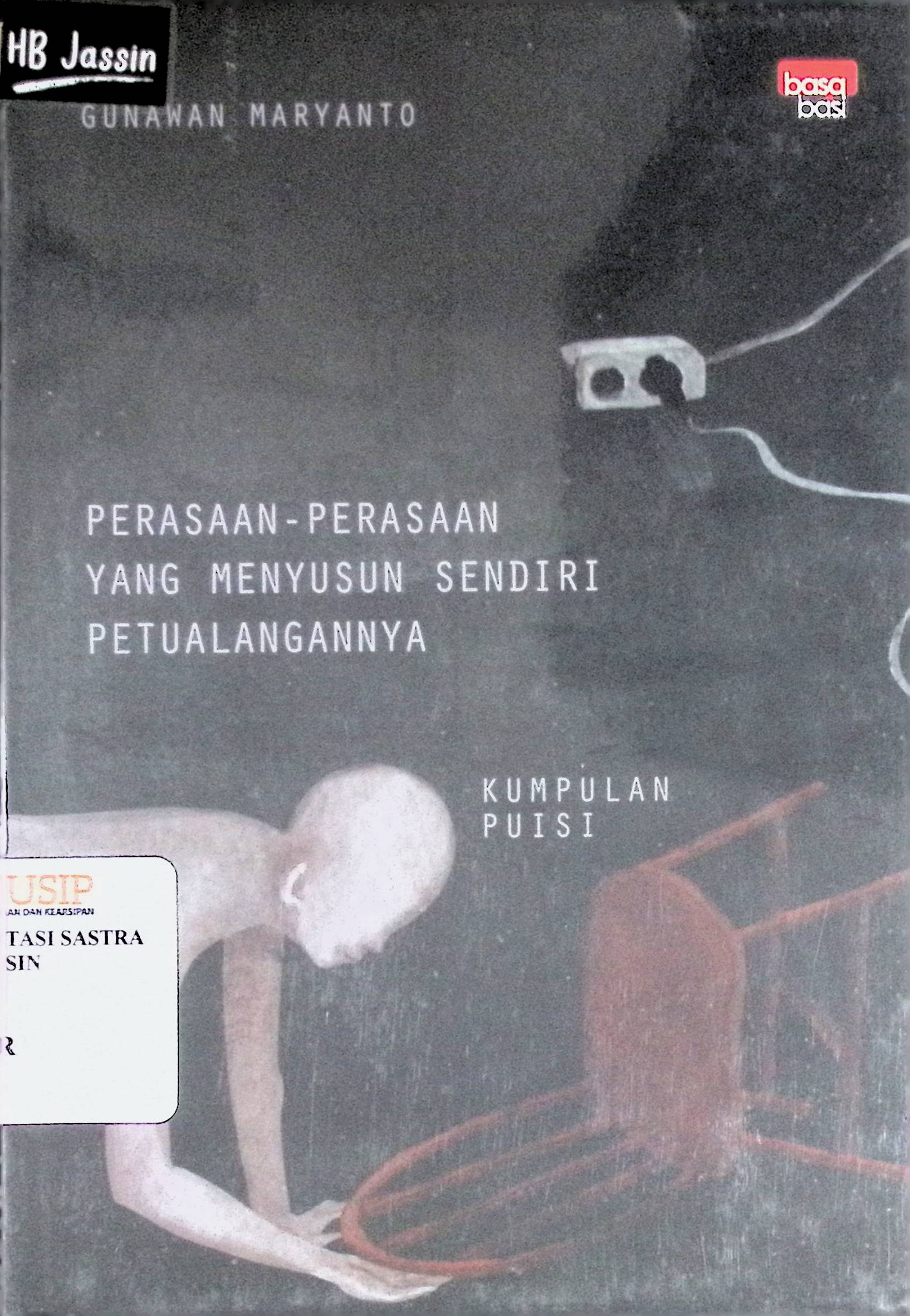





The new whole foods encyclopedia : a comprehensive resource for healthy eating
WOOD, Rebecca ; MARKEL, Peggy
Tersedia di:
Deskripsi
The New Whole Foods Encyclopedia is a vital work of several reasons, among the first being its focus on unrefined, whole foods. Today, whole foods are greatly lacking in our diet. Most people cannot identify a grain of wheat; most do not know that unrefined oils exist or that unrefined cane sugar actually prevents tooth decay and nerve deterioration instead of causing them as refined sugars do. White rice, white bread, and the other white foods cas promoted blood sugar imbalances which in turn can lead to emotional instability and addictions. The denaturing of foods into separated ingredients over the last hundred years or so parallels the movement of our culture into hyperspecialization and sociental fragmentation. Perceiving food solely according to scientific data is a dull experience. Whole foods in particular are immeasurably more than mere nutrients. They are imbued with subtle life energies, colors, aromas, thermal natures, and various healing properties. Good also sustains awareness-our thought are influenced by it, as is life itself. To hel us understand this gestalt, let's briefly contrast whole food with refined foods. Whole foods means food that are in their unrefined edible state, for example, whole wheat and whole grain pasta, whole fruits, and unrefined oils, salt, and sweeteners.
Ulasan
Buku Rekomendasi Lainnya

Agenda gawat darurat (critical care); jilid 2
RAB, Tabrani

Counseling and psychotherapy today : theory, practice, and research
Austad, Carol Shaw

Dance for two
Tyas Effendi

Women @work : Rahasia kesuksesan wanita dan Ibu dalam berkarier
Aretha Aprilia

Matahatiku Matahariku
El-Hasany, Imam Sibawaih (Pengarang) ; Ahmad Dardiri (Penerjemah) ; A. Siddiq (Pengarang) ; Nur Aly (Pengarang) ; Teguh B. Putro (Pengarang)

Algoritma dan struktur data : Pengurutan dan pencarian
Thompson Susabda Ngoen

Sistem Informasi Geografi : Menggunakan Aplikasi ArcView 3.2 dan ERMapper 6.4
-

Diet Sehat Tanpa Lapar
Priandarini, Lucia (Pengarang) ; Purwanti, Hedi, Peni (Pengarang)

Buat dapur sedemikian elok
; Virsya Hany

Mengembalikan data yang hilang
Dedik Kurniawan & Java Creativity ; Java Creativity (pengarang)

Perasaan-perasaan yang menyusun sendiri petualangannya : kumpulan puisi
Gunawan Maryanto (Pengarang) ; Tia Setiadi (editor)

Pacarku Memintaku Jadi Matahari
Reza Nufa (Pengarang)

Jilbab traveler edisi 2 : love sparks in Korea
Asma Nadia (Pengarang)

Na willa dan hari-hari ramai
Reda Gaudiamo (Pengarang) ; Maesy Ang (Penyunting) ; Teddy W. Kusuma (Penyunting) ; Cecillia Hidayat (Ilustrator)


